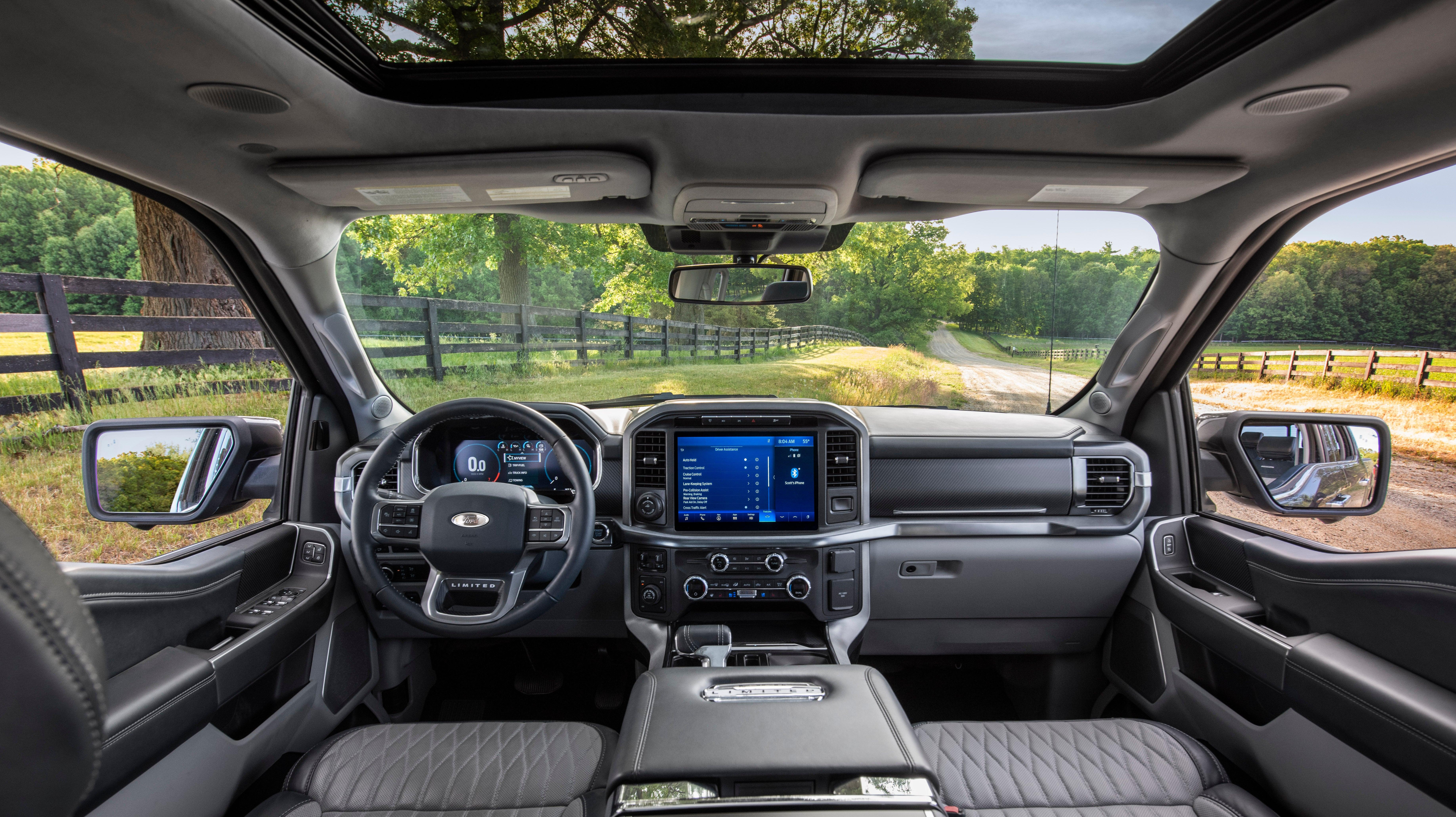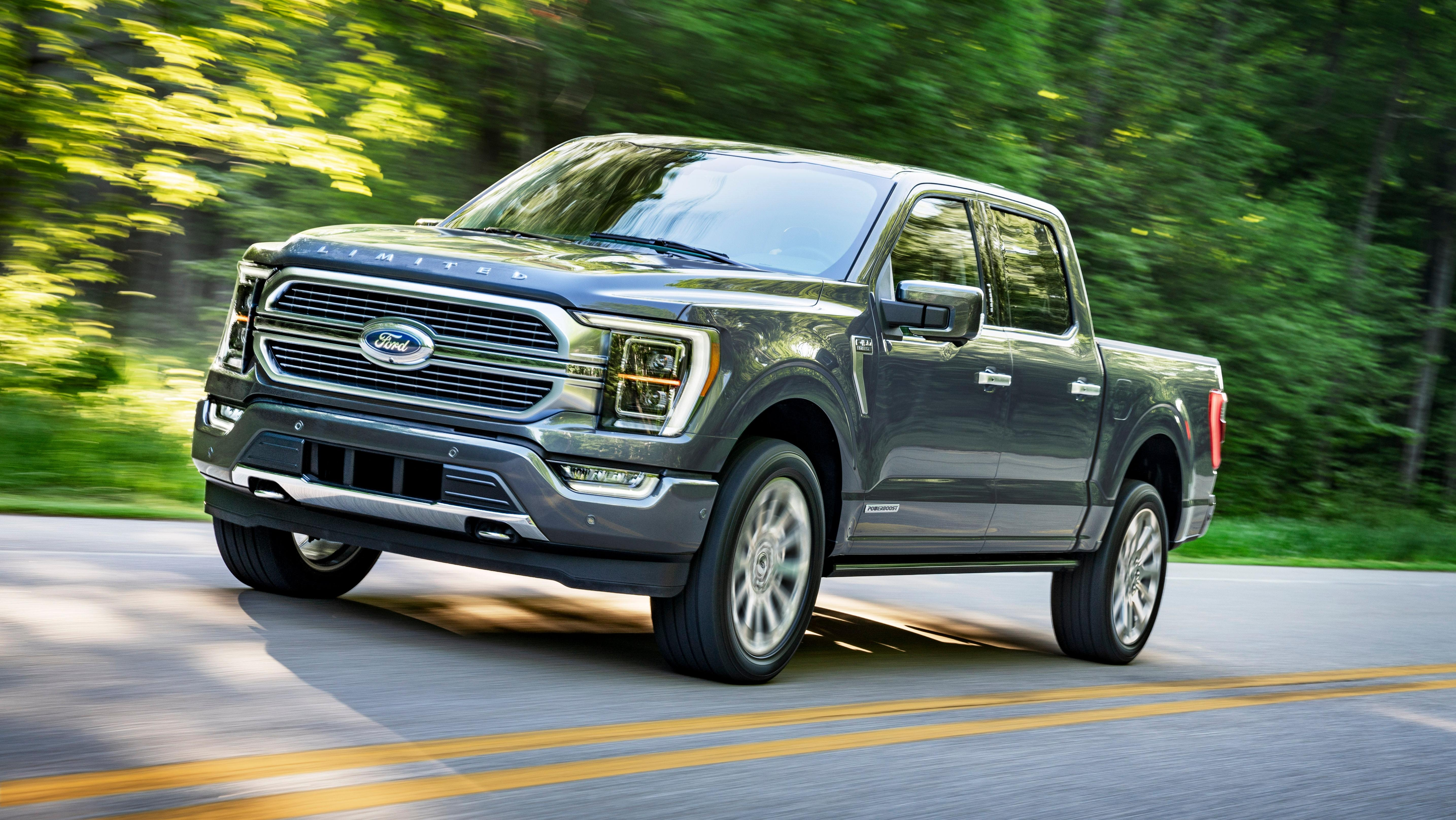Ford Recalls Over 400,000 F-150s For Defective Wiper Motors
The recall covers 2021-2022 F-150 trucks sold in the U.S. with possibly defective windshield wiper motors that just stop working.
Ford has issued a recall for the Ford F-150 due to a possible defect in the truck's windshield wiper system. The recall affects nearly 454,000 late model pickups in the U.S., covering both the 2021 and 2022 Ford F-150. The trucks in the recall came with a front windshield wiper motor that could stop working, according to Automotive News.
The possibly faulty wiper motors came from a supplier in Mexico cited as Trico Componentes in the recall report Ford submitted to NHTSA. These wiper motors went into thousands of 2021-2022 Ford F-150 trucks, but not those assembled at the automaker's plant in Dearborn, Michigan, which were built using a different wiper motor design due to microchip shortages at the time, as Auto News reports. As part of the recall, Ford dealers will replace front windshield wiper motors in the affected F-150 models with motors that were made more recently, either on or after August 1.

In the event of wiper motor failure, the truck's windshield wipers will stop operating, reducing visibility under certain weather conditions and increasing the risk of a crash. Have you ever tried driving in rain without wipers? I had the misfortune of doing so when a relay in my car's ancient electrical system went.
It's incredible how a small amount of rain will occlude your vision at speed; I foolishly assumed water would just stream off the windshield displaced by air, but even light rain can turn your windshield into a Jackson Pollock painting without the use of windshield wipers.
According to the NHTSA report from Ford, the automaker has been aware and has been tracking the possible defect since May of last year. Ford logged 1,378 warranty reports related to the defect from May 6, 2021 through October 12, 2022. But there have been no reports of accident or injury tracing back to the faulty windshiled wiper motors.
Ford will begin notifying its dealers and the owners of those F-150 models affected by the recall early next year, on January 3. As always, owners can preempt the notice by tracking their Ford F-150 through NHTSA's VIN tool on the agency's website. Or by using the NHTSA SaferCar app, available here. You can also look into recalls by following our recall guide here.

